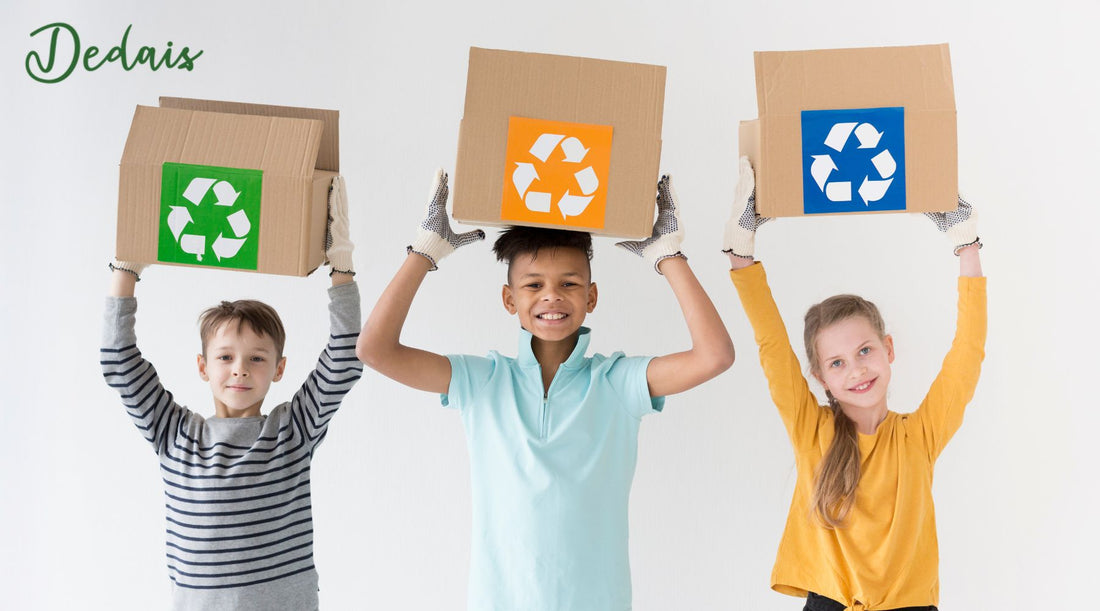
Sustainable Kids Clothing A Step Forward in the Battle Against Climate Change
Share
Introduction:
In an increasingly environmentally-conscious world, sustainable fashion has become a burgeoning trend. Thankfully, this concern for the planet has extended to the realm of children's fashion, where sustainable kids clothing has gained popularity in recent years.
In this article, we will explore the key advantages of sustainable kids clothing and its impact in the fight against climate change.
Organic and Recycled Materials for a Greener Future
Ethical kids clothing is produced using organic and recycled materials instead of conventional ones. By opting for organic cotton, for instance, the use of pesticides is avoided, promoting biodiversity. Furthermore, many manufacturers use recycled materials such as polyester made from recycled plastic bottles, thereby reducing reliance on natural resources and decreasing textile waste.
Durability and Quality for a Longer Lifespan
Fast fashion has fostered a culture of "use and discard," but sustainable kids clothing stands out for its durability and quality. These garments are designed to withstand the test of time and the active play of children, meaning they can be passed down or donated, thus extending their lifespan. By reducing the need for frequent clothing purchases, the environmental impact associated with production and transportation is diminished.
Fair and Ethical Working Conditions
One of the fundamental advantages of eco kids clothing is that it promotes fair and ethical working conditions throughout the supply chain. Brands committed to sustainability prioritize transparency and traceability, ensuring that workers involved in the manufacturing of these garments receive fair wages and enjoy safe working conditions. By choosing sustainable clothing for our children, we are supporting an industry that values and respects the people who make it possible.
Reduction of Carbon Footprint
Conventional clothing production generates a significant carbon footprint due to intensive energy use and chemical processes involved. In contrast, sustainable kids clothing is manufactured using more environmentally-friendly methods, resulting in lower greenhouse gas emissions. By choosing sustainable garments, we are actively contributing to the reduction of carbon emissions and the fight against climate change.
Conclusion:
Sustainable kids clothing is a smart and responsible choice that allows us to dress our children stylishly while also protecting the planet. By opting for clothing made from organic and recycled materials, we promote conscious consumption and reduce our environmental footprint. Additionally, by choosing brands committed to fair and ethical working conditions, we are endorsing an industry that values both people and the planet. Together, we can make a difference and combat climate change through our choices of sustainable kids clothing.
Discover our collection of organic kids clothes and to spread DEDAIS' passion for slow fashion.

